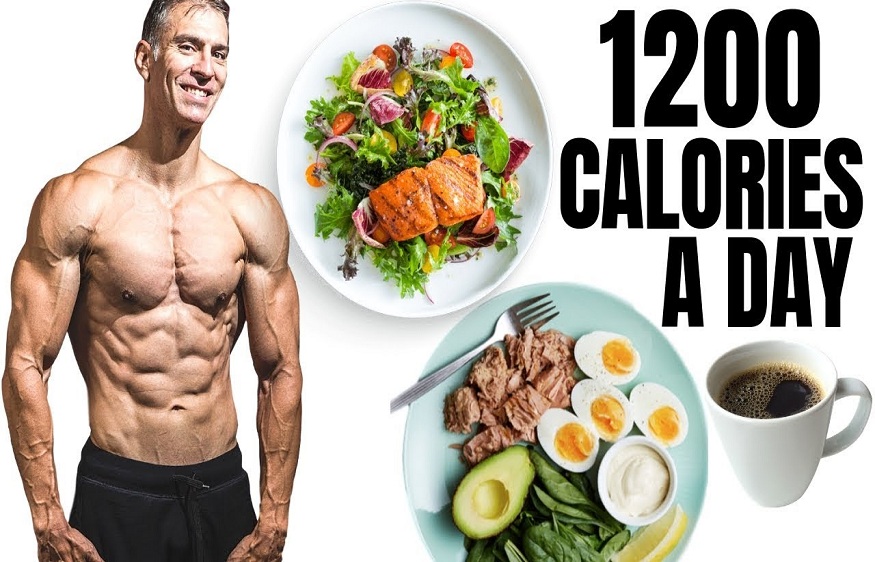These diets may help improve mood and even defend against age-related diseases that ravage the body. People can use this tool to potentially increase their life spans
Garbage In, Garbage Out: Researchers have long known that Low Calorie Diet can be a potent anti-aging weapon. The caveat is that the studies have mostly been done on animals. The most recent research was one of the first to focus on humans. The researchers said they discovered that even people who are healthy and lean can benefit from calorie-restricted diets. Calorie-restricted diets work because you’re cleaning the garbage out of your cell. The more calories you eat, the more free radicals you generate. The diets begun early or in midlife in animals can increase longevity
Energy Efficiency is the key: Like engines, bodies do need fuel. So some experts worry that people could drastically cut back calories too much or in the wrong way, resulting in reductions in muscle mass or bone density. You need fuel to be alive. The vast majority of calorie intake keeps the ocean liner afloat. Restricting calorie intake by 15 percent is not drastic. So just cutting back on calories without getting good nutritional information could mean missing out on essential vitamins and minerals. The upshot is that efficiently using energy is the key to longevity — along with healthy eating.
Calorie restriction means reducing average daily caloric intake below what is typical or habitual, without malnutrition or deprivation of essential nutrients. In a fasting diet, a person does not eat at all or severely limits intake during certain times of the day, week, or month. A practical effect of a fasting diet may be fewer calories because there is less time for regular eating.
Some study results suggest that calorie restriction may have health benefits for humans, but more research is needed before we understand its long-term effects. There are no data in humans on the relationship between calorie restriction and longevity.
Some people have voluntarily practiced extreme degrees of calorie restriction over many years in the belief that it will extend lifespan or preserve health. Studies on these individuals have found markedly low levels of risk factors for cardiovascular disease and diabetes. The studies have also found many other physiologic effects, whose long-term benefits and risks are uncertain, as well as reductions in sexual interest and the ability to maintain body temperature in cold environments. These people generally consume a variety of nutritional supplements, which limits knowing which effects are due to calorie restriction versus other factors.
It’s important to make sure that whatever you try provides you with




